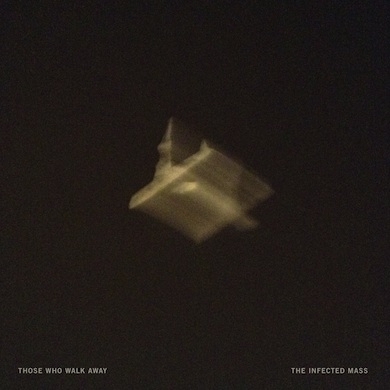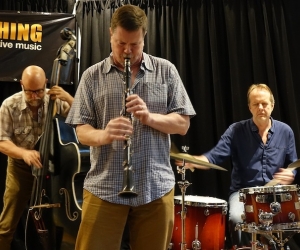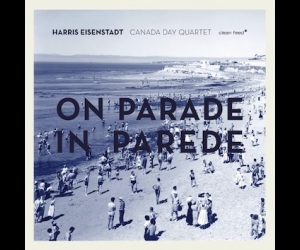
Though Gavin Bryars’ 1972 The Sinking of the Titanic is itself widely known, its influence on subsequent works by other composers has yet to be duly recognized. One could argue that Bryars’ work gave rise to an entire subgenre’s worth of imitators who wrapped their elegiac ensemble ambiences in indistinct textural audio vérité and subaquatic gurgle.
The Bryars piece is audibly a forerunner of Those Who Walk Away, an “ever evolving working group of musical constructivists,” as its leader, Winnipeg composer Matthew Patton, describes it. Bryars’ influence is especially evident in this work’s palpable references to tragedy, and in its musical vocabulary.
Where many have hijacked Sinking’s latent cinematic suggestions only to inflate them into full-blown schlock, Patton has kept his work obliquely emotive, operating on a scale that’s almost subliminal in comparison to its antecedent. His string and choral writing is wondrously unassertive: thin in tone, permeable in orchestration. Consequently, the various hymnal threads that surface throughout the album feel more like intersecting transparent spectres rather than a narrative voice steering the piece. In fact, although there’s much that hints at narrative, particularly the airplane cockpit recordings that intermittently push into the foreground, the work has almost no programmatic thrust at all. Instead, it wafts gently toward the ears, generously allowing listeners to parse the disparate elements on their own terms.
The less one is distracted by the web of associations that the piece readily summons, the better, for the album wields its own quiet and unique power.




